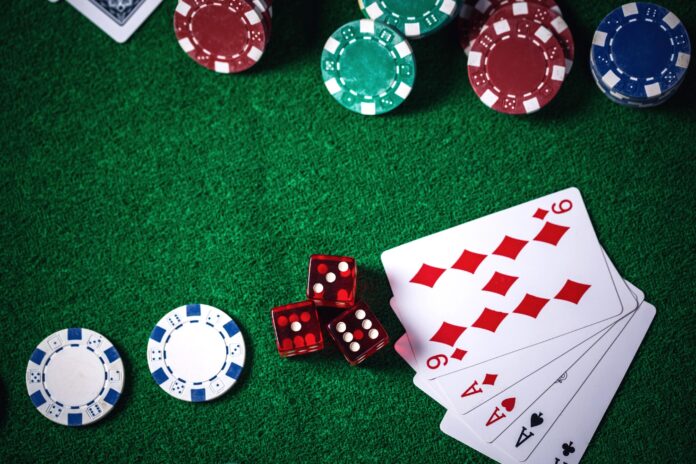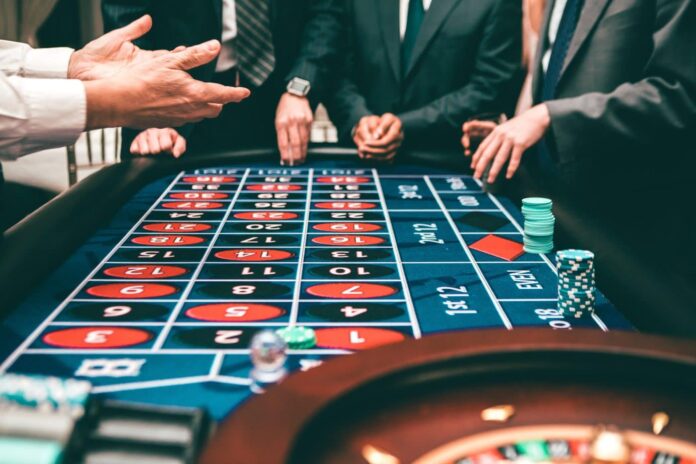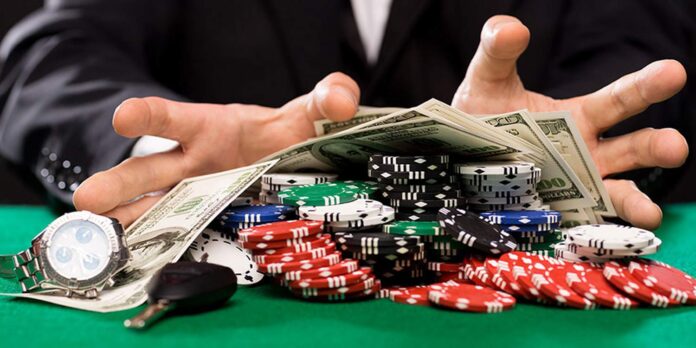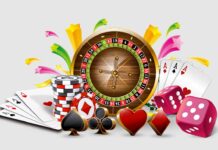
Table of Contents
Luck in gambling often seems like a mystical force, guiding some to wealth and others to ruin. This blog post demystifies luck by exploring its scientific components. In the gambling world, luck is not just whimsy but a play of three critical elements: randomness, probability, and the house edge.
Understanding these factors transforms our perception of gambling from mere chance to a calculated risk. We will dissect each element, explaining how they influence gambling outcomes and strategies.
This insight is crucial for anyone looking to navigate the complex world of gambling with more than just hope in their arsenal.
The Role of Randomness

Randomness is the unpredictable heartbeat of gambling. In games like slot machines and roulette, outcomes are entirely unpredictable, creating the thrill of the gamble.
This unpredictability comes from Random Number Generators (RNGs). RNGs are algorithms used in digital games to generate random outcomes. They ensure that each play is independent of the previous, guaranteeing fairness and unpredictability.
In a casino such as www.privecity.com, no matter the game, every roll, spin, or hand is a fresh start, thanks to the omnipresent randomness. Understanding this randomness is key to accepting the unpredictable nature of gambling outcomes.
Understanding Probability
Probability is the math behind gambling. It’s the likelihood of a specific outcome occurring. For example, in poker, understanding the probability of drawing a winning hand can inform your betting strategy. In blackjack, it guides decisions like hitting or standing.
Sports betting takes probability to another level, analyzing the likelihood of various game outcomes. A simple probability calculation might involve a dice roll – the chance of rolling a six is 1 in 6, or roughly 16.67%.
Grasping these probabilities helps gamblers assess risks and make more informed decisions about their bets.
The House Edge

The house edge is the casino’s built-in advantage. This edge ensures that, in the long run, the casino always comes out on top.
Each game has a different house edge, influencing a player’s chance of winning. For instance, slot machines have a higher house edge compared to blackjack. The house edge is calculated based on the rules and payouts of each game.
It’s the reason casinos are profitable businesses. Players must understand the house edge to choose games wisely, as games with a lower house edge offer better chances of winning in the long term.
Strategies to Improve Luck
While you can’t control luck, you can make smarter gambling choices. Effective bankroll management is crucial – only gamble what you can afford to lose.
Knowing when to quit is another vital strategy. Additionally, choosing games with a lower house edge can improve your chances of winning. For instance, blackjack typically offers better odds than slot machines.
These strategies don’t guarantee a win, but they can help minimize losses and maximize enjoyment. Remember, gambling should always be fun, not a financial strategy.
Conclusion

Luck in gambling is more than just a whimsical notion. It’s a complex interplay of randomness, probability, and the house edge.
Understanding these components allows gamblers to approach games with a more informed mindset. While luck will always play a role, knowledge of these elements can lead to better gambling decisions.
As we wrap up, remember that gambling should be responsible and entertaining. Knowing when and how to play can make your gambling experience both enjoyable and potentially more rewarding.
















